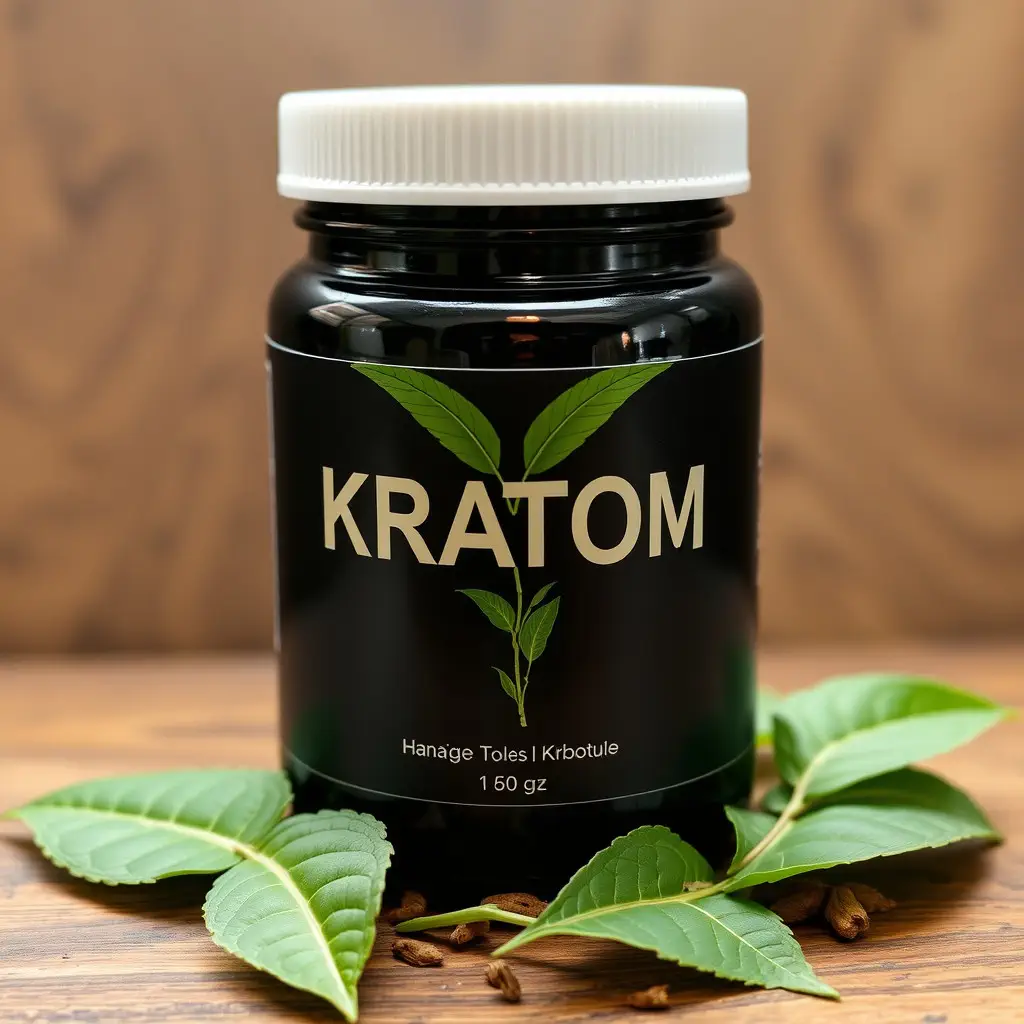Chronic Fatigue Syndrome (CFS) is a complex disorder characterized by persistent and unexplained fatigue that defies conventional treatment approaches. The condition often leads to cognitive dysfunction, neurological issues, disrupted sleep patterns, and exertion-induced worsening of symptoms. Due to its enigmatic nature, CFS frequently goes misunderstood, causing frustration for patients who seek relief. A comprehensive management strategy for CFS includes medical evaluations, lifestyle modifications, and possibly therapeutic interventions, with blue lotus products emerging as a potential natural aid. These products are believed to offer sedative and anxiolytic effects, which may help CFS patients manage stress and anxiety. Blue lotus products contain compounds like Napa and Apomorphine that potentially influence neurotransmitters, improving mood and possibly reducing pain. Introducing these products into a CFS treatment plan may provide additional benefits such as anti-inflammatory effects and improved sleep quality. However, it's crucial to consult healthcare professionals for proper dosage and to avoid potential medication interactions. Kratom, a component of blue lotus products, interacts with opioid receptors in the brain, offering pain relief and mood elevation without sedative side effects, which can be particularly beneficial for CFS patients. A holistic approach incorporating kratom should be guided by a healthcare provider, complemented by lifestyle changes like exercise, diet, rest, and stress management, and sourced from reputable brands to ensure safety and efficacy. It's important to adhere to legal regulations regarding kratom use and to consider it as part of an individualized treatment plan for CFS.
Chronic fatigue syndrome (CFS) significantly impairs daily functioning, leaving many sufferers seeking effective management strategies. Emerging discussions surround the potential of blue lotus products, often including kratom, in mitigating CFS symptoms. This article delves into the science behind CFS and its far-reaching effects before examining how these natural remedies can be integrated into a comprehensive treatment plan. By understanding the role of blue lotus products in symptom relief and learning practical tips for their use, individuals with CFS may discover a path to improved well-being. Join us as we explore this promising avenue in managing the challenges of CFS.
- Understanding Chronic Fatigue Syndrome (CFS) and Its Impact on Daily Life
- Exploring the Role of Blue Lotus Products in CFS Management and Symptom Relief
- Practical Tips for Incorporating Kratom into a Holistic CFS Treatment Plan
Understanding Chronic Fatigue Syndrome (CFS) and Its Impact on Daily Life

Chronic fatigue syndrome, commonly known as CFS, is a complex and often debilitating condition characterized by profound and persistent fatigue that is not relieved by rest. This fatigue affects an individual’s ability to engage in ordinary daily activities, leading to a significant diminishment in one’s quality of life. The impact of CFS extends beyond mere tiredness; it encompasses a constellation of symptoms including impaired memory or concentration, a range of neurological problems, unrefreshing sleep, and post-exertional malaise, among others. Patients with CFS often grapple with a lack of understanding from the public and healthcare providers, which can exacerbate feelings of isolation and frustration.
Understanding and managing CFS require a comprehensive approach that includes medical evaluation, lifestyle modifications, and, in some cases, therapeutic supplementation. Blue lotus products have gained attention within the realm of natural remedies for their potential to support individuals with CFS. These products are often praised for their ability to alleviate fatigue and promote relaxation without the sedative effects associated with traditional medications. For those managing CFS, the use of blue lotus products may offer a beneficial adjunct to conventional treatments, contributing to improved overall well-being and helping to mitigate some of the challenges posed by this condition. As with any treatment or supplement, it is crucial for individuals to consult with healthcare professionals before incorporating blue lotus products into their management plan for CFS.
Exploring the Role of Blue Lotus Products in CFS Management and Symptom Relief

Individuals managing Chronic Fatigue Syndrome (CFS) often seek complementary therapies to alleviate symptoms and improve their quality of life. Blue Lotus products have garnered attention in this realm due to their potential therapeutic properties. These products, which include the blue lotus flower itself and derivatives such as extracts and essential oils, are known for their sedative and anxiolytic effects, which may provide relief from the stress and anxiety associated with CFS. The active compounds within Blue Lotus, namely Napa and Apomorphine, are thought to interact with neurotransmitters in the brain, potentially leading to improved mood and a reduction in fatigue-related pain.
Incorporating Blue Lotus products into a CFS management plan may offer multifaceted benefits. For instance, the anti-inflammatory properties found in these products could help manage inflammation, a common issue among CFS patients. Additionally, the promotion of relaxation and sleep quality through Blue Lotus can be instrumental in the recovery process for those with CFS. It is important to approach the use of such products under the guidance of a healthcare provider, as dosage and interactions with other medications must be carefully considered. By exploring the role of Blue Lotus products in CFS management and symptom relief, patients may find an additional tool to aid in their daily functioning and overall well-being.
Practical Tips for Incorporating Kratom into a Holistic CFS Treatment Plan

For individuals grappling with chronic fatigue syndrome (CFS), managing symptoms is a multifaceted endeavor that often includes a holistic approach to treatment. Incorporating kratom, a natural product derived from the leaves of the mitragyna speciosa tree, also known as blue lotus products, into a CFS management plan can be both effective and complementary to other therapeutic strategies. To effectively integrate kratom into such a plan, it’s crucial to start with a low dose to assess individual tolerance and sensitivity, as the effects of kratom can vary widely among patients. Additionally, it’s advisable to consult with a healthcare provider experienced in the use of kratom to ensure safe usage and to avoid potential interactions with other medications.
Kratom is renowned for its alkaloid profile, which includes mitragynine and 7-hydroxymitragynine, compounds that are thought to influence the brain’s opioid receptors, potentially offering pain relief and mood enhancement without the sedative effects associated with opioids. In the context of CFS, these properties can be particularly beneficial in managing pain and improving mood, which are often compromised in patients with the condition. To optimize outcomes, it’s important to maintain a consistent dosing schedule as recommended by a knowledgeable practitioner. Furthermore, pairing kratom use with lifestyle adjustments such as regular exercise, balanced nutrition, adequate sleep, and stress management techniques can create a more comprehensive treatment regimen. Products like those offered by reputable blue lotus brands can be a reliable source of kratom for individuals looking to explore this option as part of their holistic CFS management strategy. Always adhere to local laws and regulations regarding the use of kratom, and consider the full spectrum of available treatment options to craft an individualized approach that addresses the complex nature of chronic fatigue syndrome.
Management of chronic fatigue syndrome (CFS) can be complex due to its multifaceted nature and the impact it has on daily functioning. This article explored how blue lotus products, specifically kratom, may offer relief for individuals grappling with CFS. Evidence suggests that incorporating kratom into a holistic treatment plan can provide symptomatic relief and improve overall well-being. By adhering to practical tips outlined for its use, patients might experience enhanced quality of life. It is clear that while not a cure-all, blue lotus products like kratom hold potential in the multidisciplinary approach to CFS management. Future research should continue to evaluate their efficacy and safety to establish clear guidelines for their use in treating this condition.






